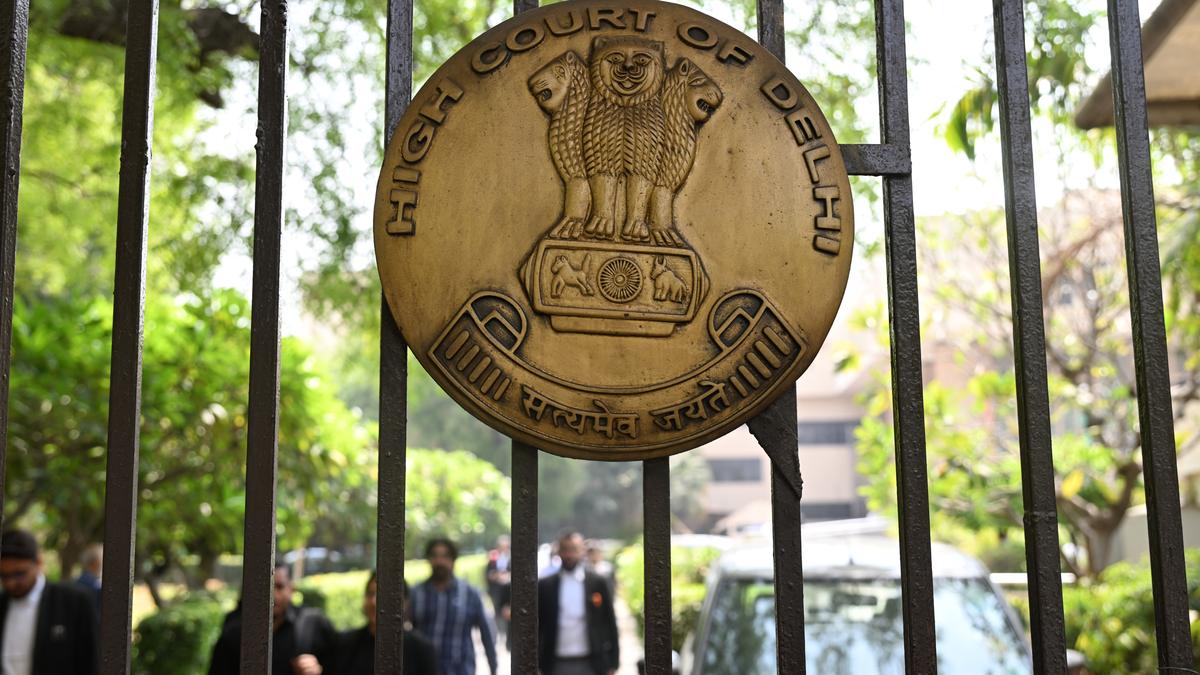
The High Court observed that the Sentence Review Board’s reasoning fell short of the standards of justification required from an executive authority exercising an administrative function. File
| Photo Credit: The Hindu
The Delhi High Court has set aside a decision of the Sentence Review Board (SRB) that denied premature release to a man convicted for hijacking an Indian Airlines flight carrying 192 passengers in 1993.
The court remanded the matter back to the SRB for fresh consideration and directed the board to issue a decision within eight weeks.
“It is evident that the impugned decision of the SRB suffers from inadequacy of reasoning and non-consideration of relevant materials, including judicial observations bearing upon the petitioner’s conduct and reformation. Thus, the said decision cannot be sustained,” the High Court stated in its order dated July 7.
The court noted that the conduct of convict Hari Singh during his incarceration reflected elements of reformation.
Singh was convicted by the trial court in 2001. His conviction was upheld by the High Court in 2011, and a subsequent appeal before the Supreme Court was later withdrawn.
According to Singh, his name was periodically taken up for consideration of premature release before the SRB, but was consistently rejected on account of the gravity of the offence.
As of May 12, Singh had completed 17 years, 11 months, and six days of actual imprisonment, and a total of 22 years, six months, and 20 days including remission.
The court observed that the SRB’s reasoning fell short of the standards of justification required from an executive authority exercising an administrative function.
“Petitioner’s conduct in jail does indicate elements of reformation, as even over a long period of incarceration (almost 18 years of actual imprisonment), there is no record of any untoward incident which would indicate that the petitioner still harbours elements of criminality,” the court said.
Published – July 26, 2025 10:39 pm IST



